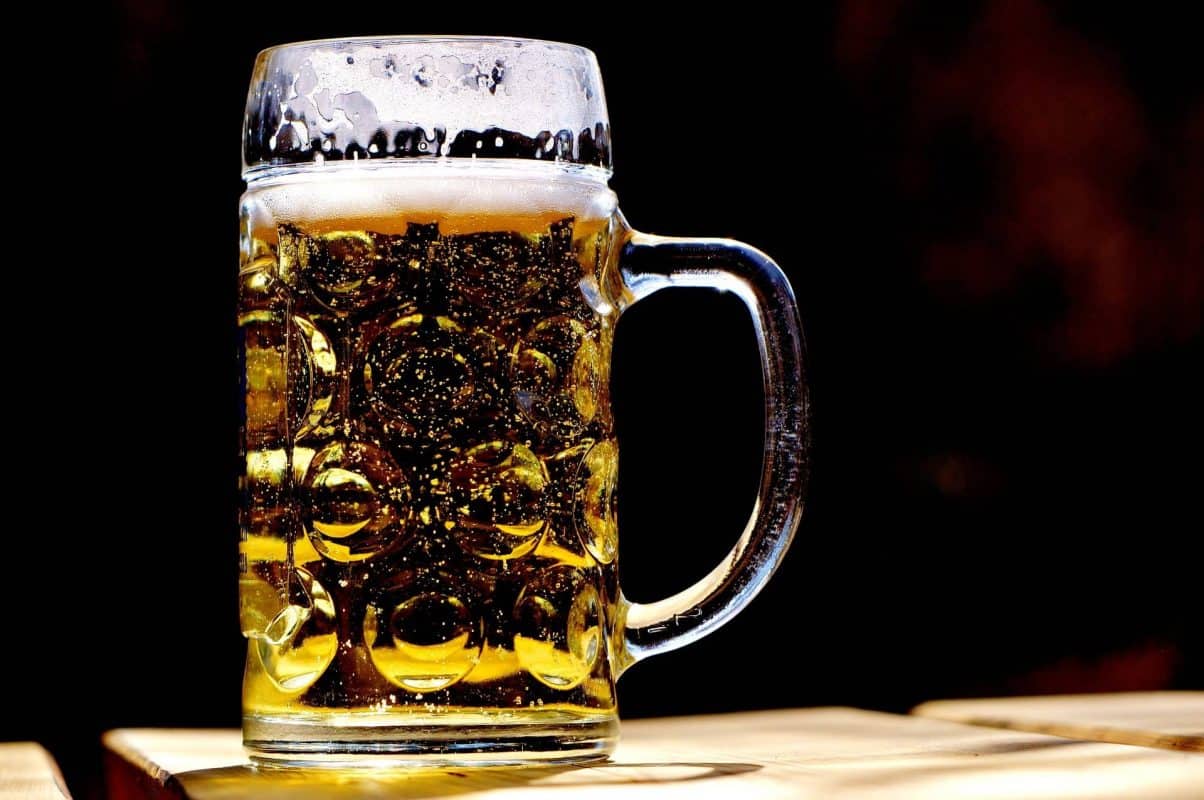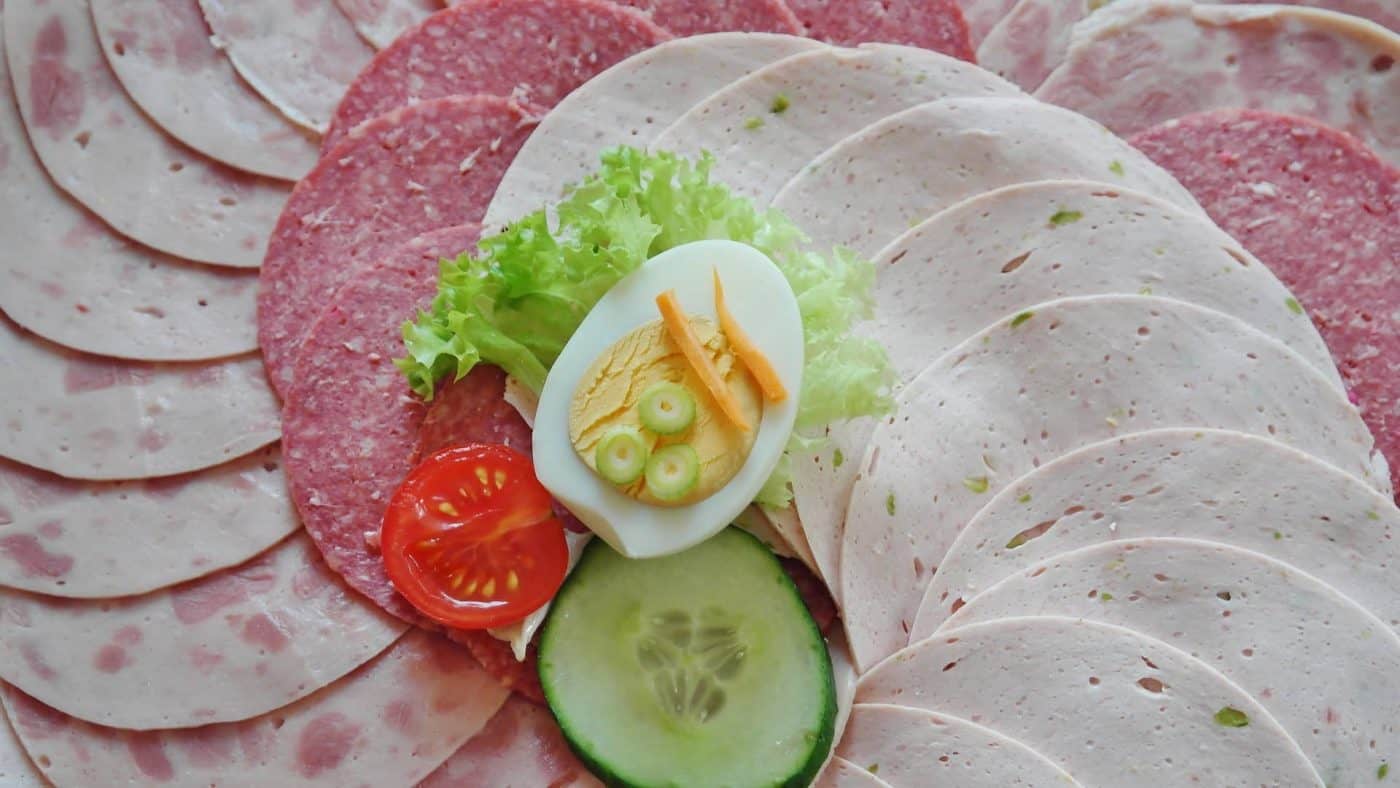The body is its worst enemy and best friend, and your desires and nutritional lifestyle are the fine lines between the two. Everything that goes into your stomach impacts your health, whether it promotes or diminishes it.
Table of contents
Gout is intricately connected to the foods you eat and the lifestyle you lead. The stomach is connected to the brain, immune system, and inflammation response. It’s full of countless bacteria, collectively called the gut microbiome.
Disruptions in this delicate bacterial system are linked to many diseases, including diabetes type two, inflammatory bowel disease (IBD), cancer, and various types of arthritis, including gout.
Knowing what not to eat can save you from a life of painful joints.
The Microbiome and Gout
The gut microbiome doesn’t play nice if you eat the wrong foods. Instead, a study published in BMJ Yale sheds light on the connection between the gut microbiome and gout.
Inside it are various kinds of bacteria, including healthy and unhealthy kinds.
Each one has a responsibility, and the study shows evidence that there is abundant Prevotella in gout patients. In contrast, the healthy control group had an abundance of Enterobacteriaceae, which helps metabolize and reduce uric acid.
The gout patients were missing the bacteria needed to reduce uric acid and had excess Prevotella, a byproduct of infection.
Another study confirmed that high-purine diets had upset the gut microbiome, leading to autoimmune disorders and inflammatory arthritis, particularly gout. In addition, the stomach can cause pain, and you must avoid some foods.
Hidden Triggers
What you eat must be conducive to gut and kidney health because gout and chronic kidney disease (CKD) are also connected. It must contain low levels of purines and uric acid. Know which products and ingredients contain too many purines.
Alcohol
One of the products with the highest purine level is alcohol. Alcohol contains nucleotides, which also convert into uric acid. Moreover, alcohol can slow down the excretion of uric acid, and it impacts the kidneys.

Alcohol causes more problems when you become dehydrated, and the kidneys aren’t capable of functioning as they should remove the excess uric acid in your bloodstream.
According to the National Kidney Foundation, dehydration leads to another confounding factor: the development of kidney stones. These form when the body has high levels of calcium, cystine, phosphate, and oxalate while your body lacks hydrating fluids.
Moreover, kidney stones block the kidney’s ability to reduce waste and remove harmful toxins. Ensure you’re staying hydrated by leaving alcohol out of your diet and adding at least eight glasses of purified water daily.
High-Fructose Corn Syrup and Artificial Sweeteners
Uric acid levels rise when you add artificial sweeteners and high-fructose corn syrup to your diet. Be careful of the sugar-free products that contain either ingredient. For example, high-fructose corn syrup is broken down in the liver and converted to uric acid.
These ingredients are abundant in diet sodas, candy, sweetened yogurt, commercial salad dressing, junk food, and canned fruits. Learn to read the ingredients list on the label before you eat so-called diet products.

Saturated and Trans Fats
These two triggers coax gout because they reduce the elimination of uric acid. Saturated fats are found in red meat, vegetable oil, sunflower oil, canola oil, margarine, and full-fat dairy products.
Refined Carbohydrates
Refined carbs like sugar, cakes, white rice, white bread, candy, and white flour are high in uric acid, so lowering your glucose intake from these foods can suppress the uric acid levels in your bloodstream.
Processed Foods
Processed foods contain chemicals that can offset the gut flora, decreasing your likelihood of reducing purines and uric acid. For example, Bacon, sausages, deli meats, organ meats, canned fish, and spreads contain high purines and uric acid levels.
Foods to Avoid
The list of foods you must avoid includes:
- Wild meat
- Duck
- Turkey
- Red meat
- Mince
- Deli meat
- Tuna
- Sardines
- Anchovies
- Mussels
- Herring
- Codfish
- Trout
- Haddock
- Scallops
- Animal liver or kidneys
- Prawns
- Clams
- Commercial fruit juices
- Carbonated drinks (sugar-free or not)
- Gravy/sauce/commercial condiments
- Yeast and its products like artisan bread (not including whole-grain or seeded bread)
- Full-fat dairy, including cheese, milk, and cream
*Hydrogenated/trans/saturated fats
Try to leave these foods out of your diet.

Foods to Moderate
Some foods contain higher levels of purines or uric acid, but you can eat them moderately if you’re not experiencing a gout flare. These include:
- Asparagus
- Spinach
- Lentils
- Dry beans
- Mushrooms
Meat and fish products not mentioned in the list above are usually welcome but check with your doctor. Chicken is the best kind of meat for gout.

Conclusion
No one ever said that having gout is easy, but you can control the flares by avoiding the triggers. Instead, include natural anti-inflammatory ingredients that reduce gout flares, resulting in pain-free bliss.
Fortunately, gout is well managed with the correct nutritional guidance.



